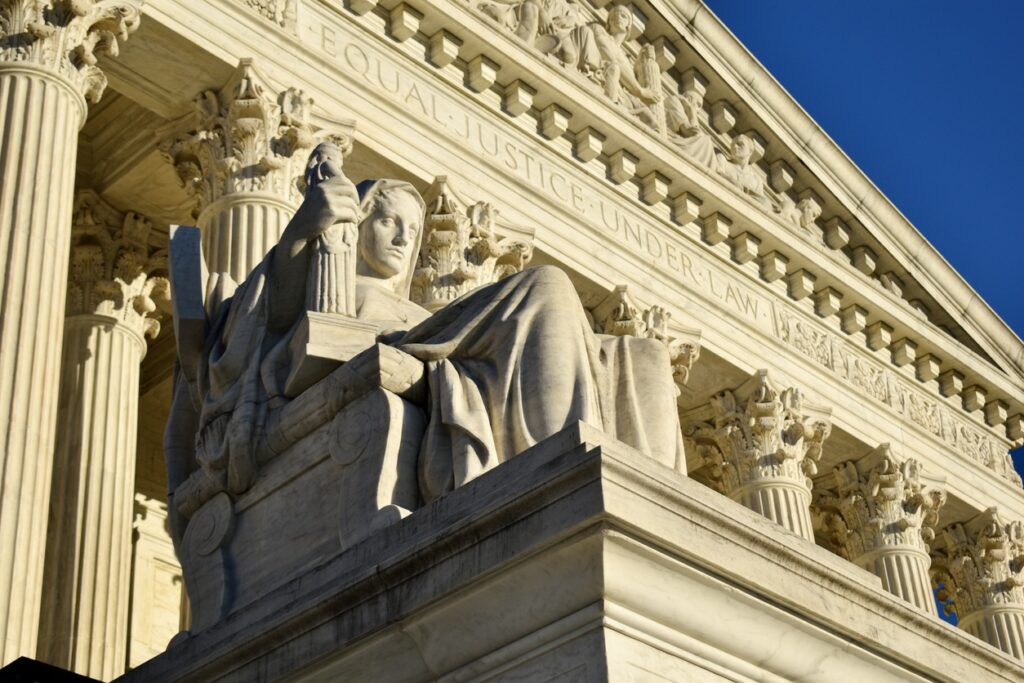Social Media Networks’ Section 230 Immunity on the Chopping Block? New York Court Allows Claims to Proceed Stemming from Buffalo Shooting
Since 1996, Internet platforms and social media companies have relied on a federal law, Section 230 of the Communications Decency Act, to protect them from liability for civil law claims stemming from content on their platforms. As the influence of platforms like Facebook, Twitter (now X), and others has grown, members of Congress, consumer groups,…
Read MoreOpenAI’s Legal Troubles Mount as New York Times Lawsuit Escalates Alongside SEC Investigation
On February 28th, 2024, the Wall Street Journal reported that the Securities and Exchange Commission (”SEC”) is investigating OpenAI’s internal communications following the board’s ousting and re-introduction of OpenAI CEO Sam Altman in November 2023. Importantly, the SEC’s scrutiny of OpenAI adds to the mounting legal and regulatory challenges faced by the company. As rationale…
Read MoreDing Dong – The Police Want Access to Your Doorbell Footage. Can They Get It?
The popular electronic doorbell company, Ring, recently announced a change to its policy of sharing doorbell footage with law enforcement agencies. In a blog post, the company, which is owned by Amazon, revealed it will sunset the “Request for Assistance” tool, which allowed law enforcement agencies to request and access users’ doorbell footage through Ring’s…
Read More2024, AI, and the Harnessing of the Wild West
We are writing a lot about artificial intelligence these days… but then there is a lot to say on the topic. AI is making headlines in terms of legal battles and legislative developments. At the end of 2023, the New York Times filed suit against Microsoft and OpenAI for copyright infringement based upon alleged unauthorized…
Read MoreNavigating the AI Regulatory Landscape: Comparing Biden’s Executive Order and the EU’s Artificial Intelligence Act
The regulation of artificial intelligence (“AI”) is a popular topic of discussion. Politicians, activists and even AI developers have weighed in to urge the Government to take steps to create guardrails for the technology’s development and use. Yet, until recently, governments and regulators have been slow to take action and pass concrete legislation – leaving…
Read MoreHow Does AI Use the Data You Give it?
The development and public offering of generative Artificial Intelligence (AI) models has led to the introduction of many work-complementing and work-supplementing tools that offer individuals and organizations the ability to streamline or expand their workflows. Generative AIs are algorithms, specifically large language models (LLMs), trained on massive amounts of input data to generate their own…
Read MoreAd Tech in Europe: What Does the Future Hold?
If you are subject to the EU’s General Data Protection Regulation and you engage in behavioral advertising, you may want to rethink your business model. A recent decision from the European Data Protection Board (which oversees application and enforcement of the GDPR across the EU) and related statements from regulators from several European member states…
Read MoreMajor Developments on the Horizon for Bankruptcy Law
The Supreme Court rarely hears bankruptcy cases – typically one per term. But 2023 has been different, the Court already has ruled on four bankruptcy matters, including sovereign immunity issues with respect to Puerto Rico and Indian tribes, appellate review of § 363 sale orders, the discharge of debts obtained by another’s fraud. In addition…
Read MorePlunging into the unknown: companies should look to sound privacy practices as they integrate AI
How would you like to dive off a cliff with no idea how far you will drop, how deep the water is, and zero training on how to properly position your body to minimize impact once you hit the water? That’s how we approach artificial intelligence these days. Or perhaps more aptly put: How would…
Read MoreCalifornia Age-Appropriate Design Code Act Stymied After Federal District Court Ruling
As state legislatures pursue laws directed at online safety and privacy for children, federal courts are striking down their efforts. The latest example is California’s Age-Appropriate Design Code Act (CA-AADC), which a federal judge in the Northern District of California enjoined from enforcement. While larger questions loom about constitutional authority and what is the best…
Read More











